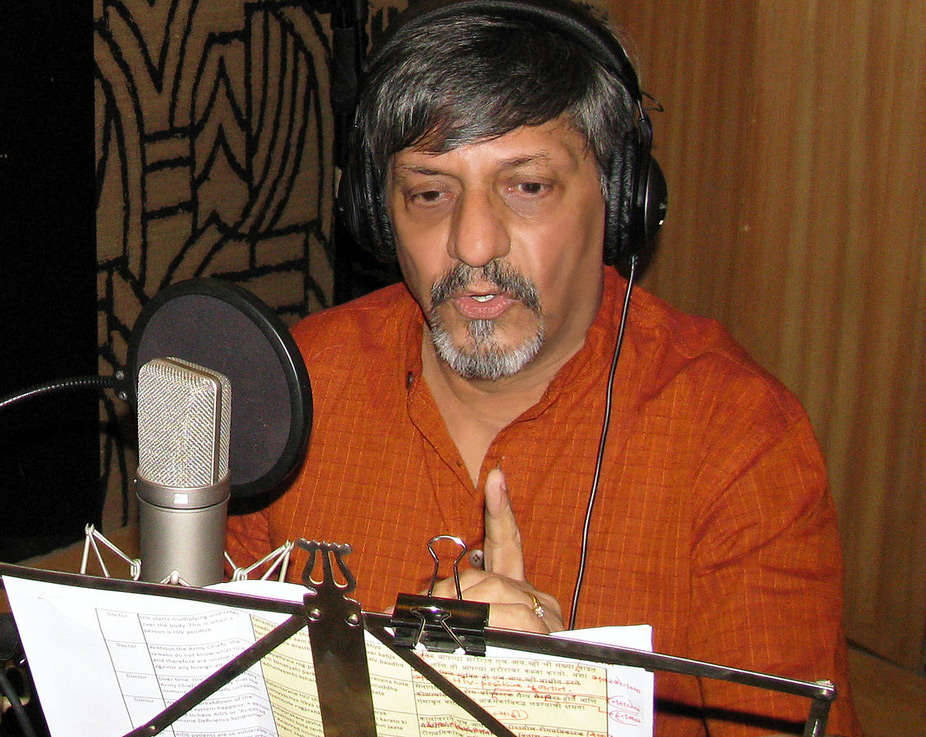Veteran actor and filmmaker Amol Palekar has raised a very important issue about film censorship. In fact, the issue is so fundamental that the government, Parliament, and the judiciary should take cognizance of it and come out with relevant rules and regulations.
In a plea filed with the Supreme Court, Palekar has challenged the pre-censorship role of the Central Board of Film Certification (CBFC). While the CBFC, as the name suggests, should be focused on giving various certificates, it acts as a censor board. An apex court Bench, comprising Justices A.K. Sikri and Ashok Bhushan, has asked both the Central government and the CBFC to respond to the petition.
Palekar, famous for his depiction of common man in movies in the 1970s and 1980s, also referred to a committee headed by the filmmaker Shyam Benegal which recommended that the CBFC’s role should be restricted to certifying films on the basis of age.
“The petitioner is challenging the provisions of the Cinematograph Act, 1952, and the Cinematograph (Certification) Rules, 1983, which in turn imposes (sic) pre-censorship on the freedom of speech and expression of the artistes as well as the audience,” senior advocate Gopal Subramaniam, appearing for Palekar, told the court.
“The petitioner is aggrieved by the provisions granting the power of ordering cuts, deletions, alterations in a film along with the abuse of power while exercising the powers given by the said Act and Rules while certifying and/or denying certification to any applicant film,” Subramaniam said. He went on to argue that the content on television and internet is free from such curtailments and, therefore, film censorship “is an attack on our right to equality.”
Hindustan Times quoted Palekar (April 18) saying, “Today modern technology makes dissemination of information available in real time through a variety of media, many of which are either not regulated or if regulated, not subjected to pre-censorship.”
It may be a clever argument but not an elegant or moral one. Clever because the internet cannot be censored, or at least effectively censored, so the authorities willy-nilly have to end or reduce film censorship. But it is not an elegant or moral argument, because it doesn’t build a case on the principle of free speech; it doesn’t say that absolute freedom of expression is the soul of liberal democracy.
Yet, Palekar’s endeavor may yield some good result, for matters in our country is cleverness, not elegance or morality.
